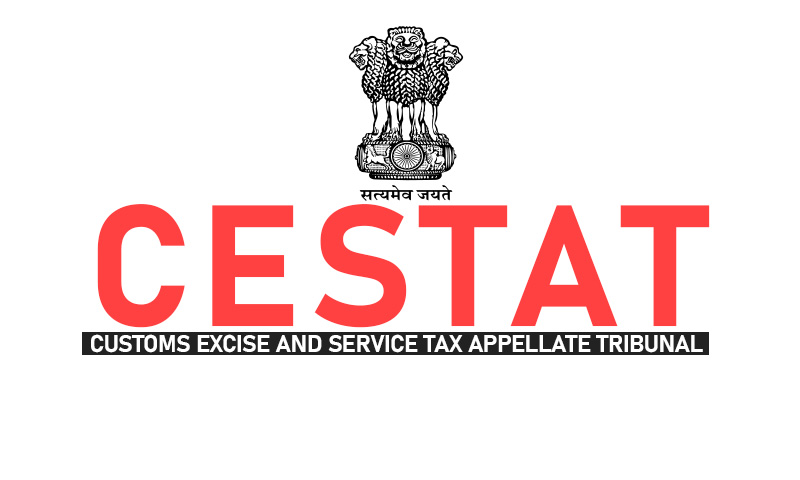The Delhi Bench of CESTAT has reiterated that service tax cannot be levied on reimbursement of expenses incurred by the service provider. The Bench, consisting of Justice Dilip Gupta (President) and P.V. Subba Rao (Technical Member), held that since Rule 5 of the Service Tax (Determination of Value) Rules, 2006 has been held to be ultra vires by the Supreme Court in the case of Union...

